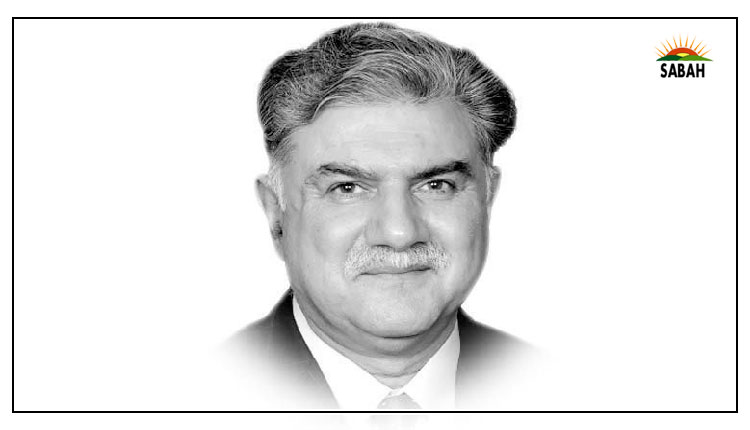After IMF deal, reducing inflation should be the top priority: Atif Ikram Sheikh
ISLAMABAD, Sep 03 (SABAH): FPCCI’s Presidential candidate Atif Ikram Sheikh on Saturday said after the agreement with the IMF the government’s first priority should be to reduce inflation. Punishing inflation has been increasing at an unprecedented pace for the past four months which has broken the back of the people, he said.
Talking to traders and industrialists, Atif Ikram Sheikh said that the fifty-year record of inflation in Pakistan has been broken and if it is not stopped, inflation will make new records.
He informed that according to official data, transport is now costlier by 63%, food 31%, rent and bills 27.6%, clothing etc. 17.6%, education 10% and health facilities 11.8% which many cannot afford.
According to the IMF, the average inflation in Pakistan will be 19.9 percent while the State Bank of Pakistan has estimated it between 18 and 20 percent but business community think that inflation will remain at least 25 percent. Runaway inflation will be a challenge to manage while it may deprive millions of proper diet, he observed.
Atif Ikram Sheikh said that for the last several years, the standard of living of the people is continuously falling and they are waiting for relief which is only being promised.
He said that the flood has also washed away our state-run education system. Thousands of schools have been damaged or destroyed and hundreds of thousands of children may lose their education.
If inflation is not reduced, many parents will make their children earn instead of learning, which will be very dangerous for the future of the country, he warned.
The floods and torrential rains are being blamed on worsening weather patterns as a result of the climate crisis, with Pakistan ranked as one of the most vulnerable countries to climate change, while it contributes less than 1% of the global greenhouse gas emissions.
He called upon donors around the world to recognise the terrible situation and help children. Beyond immediate life-saving supplies like shelters, food and water, we also need to establish emergency schools where children can go.












